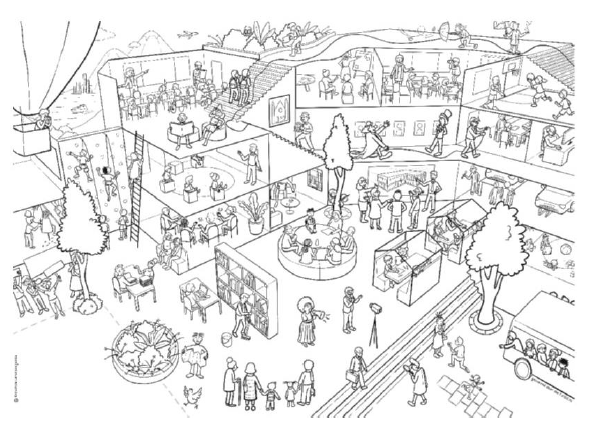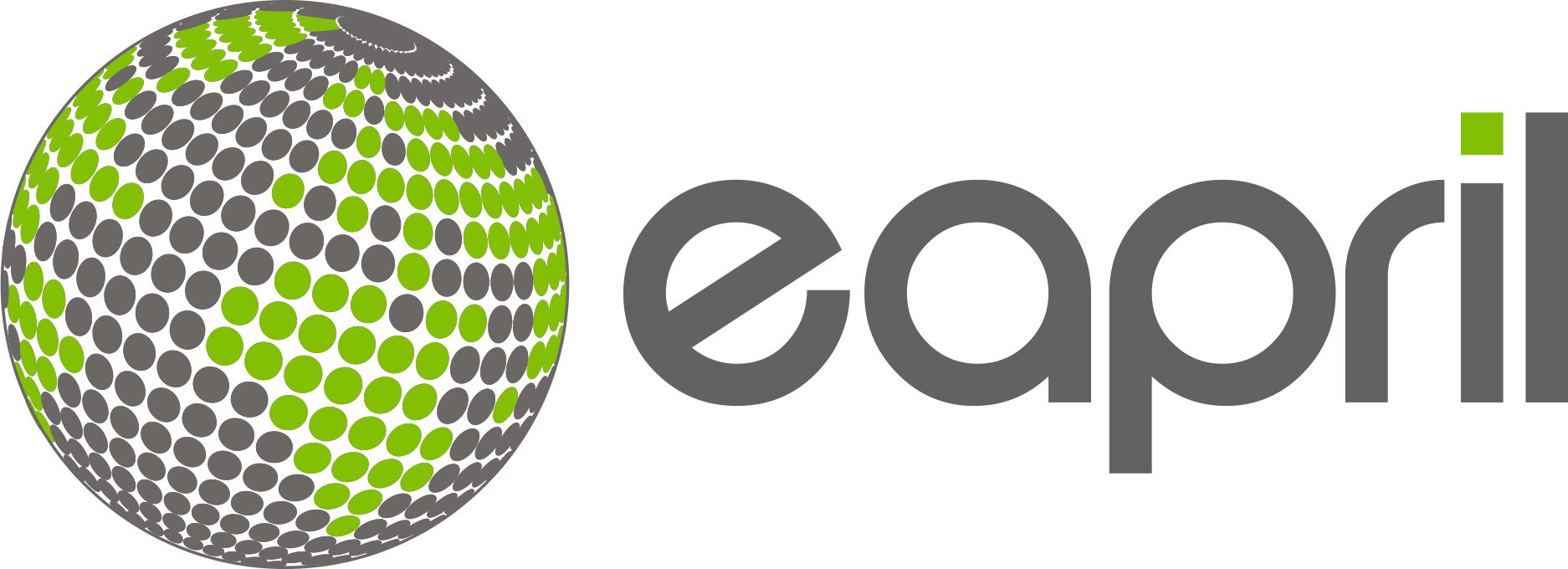Teachers and schools face new demands that require them to act or change, for instance the impact of social media on students’ classroom attention or the continuing teacher shortages. They are held collectively responsible for creating and providing education and increasingly have to account for the quality of education. How can educational professionals find their way in the complexity of the educational system? How to navigate educational change?
In the Expedition Lerarenagenda project, a team of researchers representing different research organizations and educational expertise travelled to the unknown futures of educational change with the paradigm of crystallization in their luggage: a view on research which strives to produce rich and crystallized insights to cover complex matters. We translated crystallization into seven research methods ranging from literature review and field studies to art-based methodology. All methods were applied in co-creation with stakeholders. The outcomes of the Expedition can be presented as a crystal revealing three processes central to adaptive expertise: collective sense-making, decision-taking and enactment. Professional identity, system and future awareness were found to positively influence the adaptive expertise.
The Expedition supplied research instruments that practitioners can use as tools in their own contexts. A distinctive instrument is our colouring picture of the educational system which used in teacher education programs and by practitioners as conversation starter for professional dialogue in their team. It contributes to system awareness in terms of role beliefs and educational responsibilities. Where in the picture can you find yourself? Which roles do you have in relation to your colleagues and others?

Colouring picture of the educational system; part of project Expedition
Another instrument that was part of the Expedition is TeacherTapp, a smartphone application in which a 1000+ teachers daily answer three multiple choice questions in relation to their practice. The app continues to create a community of professionals exchanging views and values on education.

The Expedition contributed to the empowerment of educational professionals as change agents. Perhaps its most important lessons stem from the research approach we applied embracing complexity instead of reducing it, extending the educational research methods. Moreover, using creative research tools helped to illuminate the underlying and often implicit motivations and emotions of practitioners. We shaped the Expedition into a participatory research setting that supported the dialogue and feedback function of research. We are continuing our efforts in creating impact after the research has come to an end by providing manuals and tools for practitioners to further enhance adaptive expertise in the light of educational change.
We are looking forward to tell and show you more of our Expedition travels at the EAPRIL 2024 in Hasselt.
